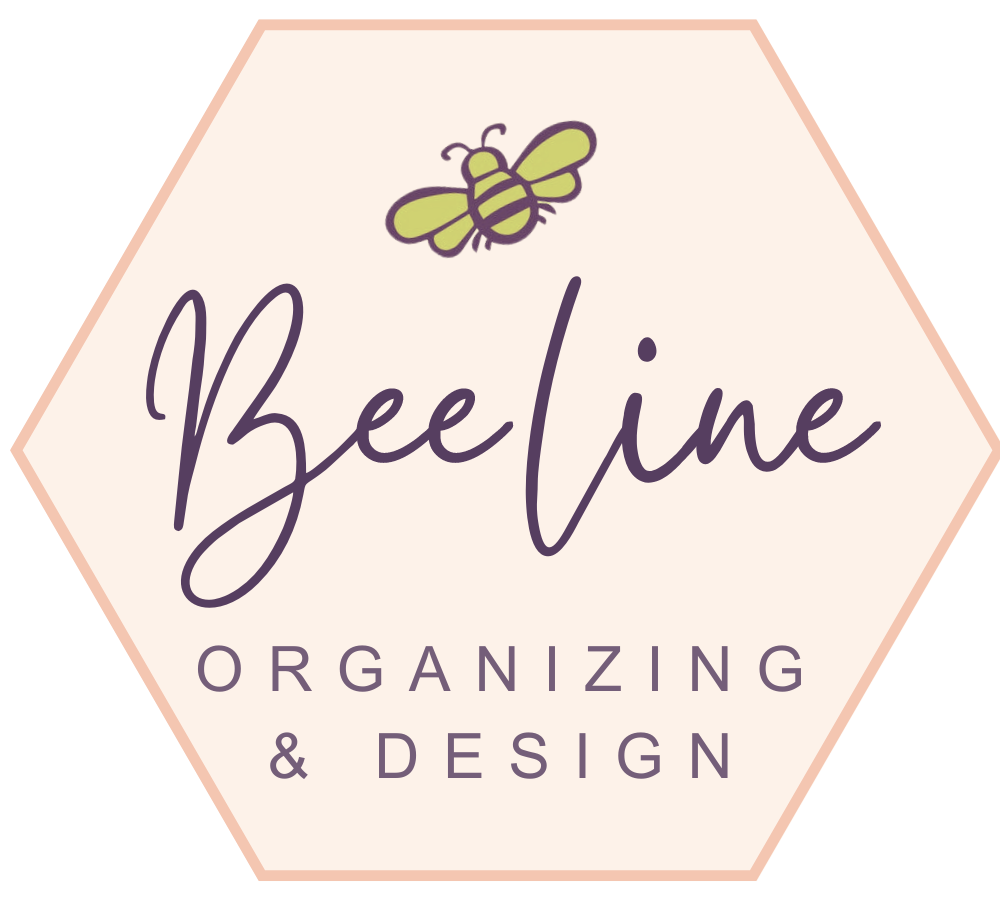What are the benefits of decluttering?
Decluttering is more than just tidying up a space. It’s a deliberate practice that can transform how you live, think, and interact with the world around you. When we talk about decluttering, we’re not only removing physical items; we’re making room for intention, focus, and better habits. In this post, we’ll explore the benefits of decluttering with a particular emphasis on the ecological benefits to decluttering, and how simplifying our surroundings can ripple outward to the environment.
Introduction: a simple act with wide-reaching effects
Decluttering begins with a choice: to keep what serves us and let go of what does not. This decision-making process can reduce stress, save time, and save money. But there’s a broader, less obvious dimension: ecological benefits to decluttering. When we consume less, reuse more, and manage what we already own, we reduce waste, lower energy use, and decrease the demand for new resources. This is not about perfection; it’s about progress and mindful living.
Section 1: Personal and psychological advantages of decluttering
Clarity and focus
Clutter can be a constant visual distraction. By decluttering, you create mental space that helps you think more clearly, set priorities, and follow through on goals. The ecological benefits to decluttering often emerge incidentally as you curb impulse purchases and reuse items you already own.
Reduced stress and better sleep
A tidy environment is linked to lower stress levels and improved sleep quality. When your surroundings reflect your present needs rather than past acquisitions, it’s easier to unwind at the end of the day. This calm mindset also supports more mindful consumption, which benefits the environment in the long run.
Time and money savings
Less clutter means less time spent cleaning and organizing, and fewer moments of searching for misplaced items. Financially, buying fewer new things reduces your ecological footprint. The ecological benefits to decluttering multiply when those savings are redirected toward durable, sustainable purchases or experiences rather than disposable goods.
Section 2: How decluttering impacts consumption habits
Breaking the cycle of impulse buying
Decluttering often reveals patterns in what we truly value versus what we purchase on a whim. Recognizing these patterns can break the cycle of impulse buying, leading to a more intentional wardrobe, kitchen, and workspace. Fewer impulse buys translate to less waste and a smaller ecological footprint.
Transparent inventory and mindful care
When you know exactly what you own, you take better care of it. Items that are well-maintained last longer, reducing the need for replacement. This mindset aligns with ecological benefits to decluttering, as durable goods consume fewer resources over time and generate less waste.
Reuse, repair, and repurpose
Decluttering naturally creates an opportunity to donate, sell, or repurpose items. By choosing repair over replacement, you extend the life of belongings and keep them out of landfills. These actions are central to the ecological benefits to decluttering, supporting a circular economy where materials are kept in use longer.
Section 3: Practical steps to declutter with the environment in mind
Start with a plan
Set clear goals for what you want to achieve and how you’ll measure success. Decide which areas to tackle first and create a timeline. A plan helps you resist the lure of unnecessary purchases during the process, reinforcing the ecological benefits to decluttering.
Use a three-pile method
Keep, donate/sell, and recycle/garbage. For items headed to recycling or donation, consider local programs and guidelines to ensure materials are processed responsibly. This method keeps you focused on outcomes that support ecological benefits to decluttering.
Evaluate items for repair or repurpose
Before throwing anything away, check if it can be repaired or repurposed. A small fix can extend an item’s life and reduce the need for new resources. This directly contributes to the ecological benefits to decluttering.
Create a sustainable storage system
Invest in storage solutions that make sense for your space and lifestyle. A well-organized home reduces future clutter, saving energy used in cleaning and maintenance and supporting a lower ecological footprint.
Section 4: The broader ecological implications
Reducing resource extraction
Less consumer demand means fewer resources extracted from the earth. By choosing to keep and reuse what you already own, you reduce mining, logging, and manufacturing pressures.
Lower energy use
Manufacturing, shipping, and packaging require energy. When you declutter and buy fewer new items, you cut these energy demands. Even small reductions can add up across communities.
Waste management benefits
A culture of decluttering tends to improve waste segregation, donation streams, and recycling rates. This helps local waste management systems operate more efficiently and keeps usable materials circulating in the economy longer.
Section 5: Real-world success stories and tips
Practical examples from households
Many people have shared how decluttering transformed their routines and housing. For instance, a family that reduced their clothing by half reported not only a calmer space but also fewer purchases of new outfits, translating into lower fabric waste and reduced water and chemical use in production.
Tips for maintaining an eco-friendly declutter
- Regularly reassess belongings to prevent buildup.
- Practice the one-in, one-out rule for new purchases.
- Donate items you no longer need instead of discarding them.
- Choose second-hand or refurbished items when possible.
Final thoughts: embracing mindful minimalism for a healthier planet
Decluttering is a powerful practice that benefits you personally and has meaningful ecological benefits to decluttering. By choosing to keep what serves you, repair what you own, and thoughtfully reduce consumption, you create a ripple effect that informs others and helps protect the environment. The act of decluttering can become a daily habit that supports sustainability, simplicity, and wellbeing. In the end, less clutter often means more clarity, more time, and a smaller ecological footprint.
Contact Beeline Organizing & Design today and let us help you declutter your space!

